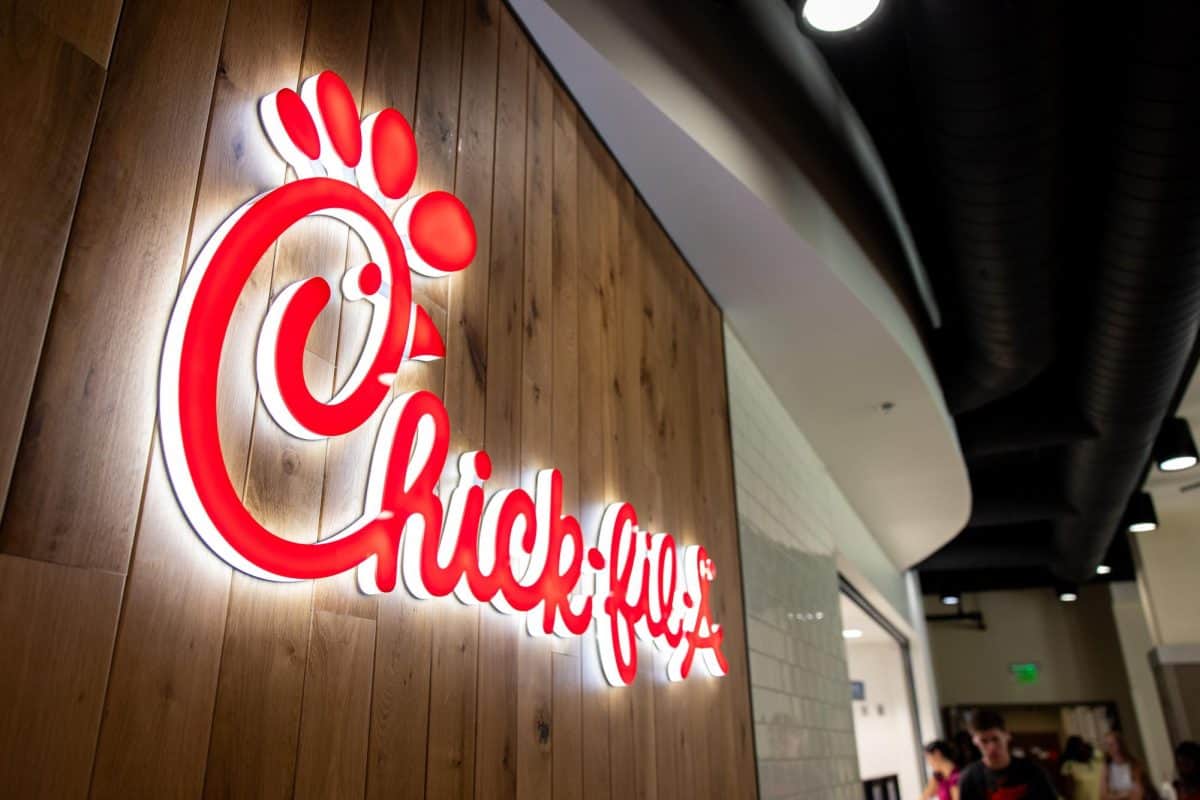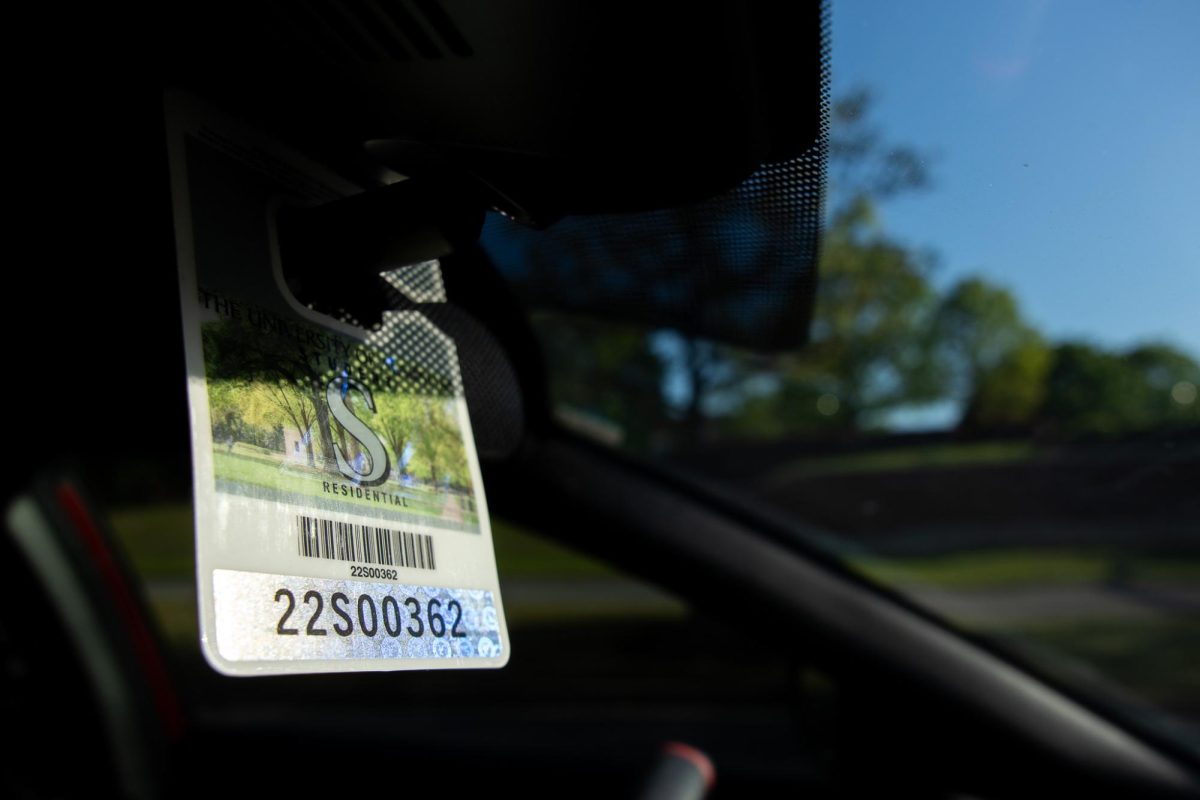Speed and efficiency were what students were promised with the new kiosk system at the Chick-fil-A in Lloyd Hall, which replaced the grab-and-go setup and expanded the menu. But instead of streamlined service, many feel stuck in longer lines, questioning whether the changes have done more harm than good, and some are petitioning the University to revert the change.
Previously, students could pick up food directly and pay for it at a separate register.
The new system mimics the style of the Student Center location, requiring students to order at self-serve kiosks and wait for their order to be completed. According to a UA news release, the change was an “[improvement] designed to be more efficient in meeting the needs of all diners.”
But many students disagree. In an informal survey of 20 students conducted by The Crimson White, all 20 found the kiosk system inefficient, with all preferring the previous grab-and-go method, citing quicker service and greater convenience.
“I found the grab-and-go system to be very convenient because I could simply pick out what I wanted, make my purchase, and then head quickly to my classes, especially since some were located on the opposite side of the campus,” said William Yang, a sophomore majoring in biology.
While students expressed frustration over the new Chick-fil-A system, some acknowledged its potential benefits.
Trelani Grace, a sophomore majoring in general business, said that while she preferred the old grab-and-go method, she still likes the revamped version.
“From a health perspective, this new method might be better for sanitation and reducing the spread of germs,” she said.
Ultimately, however, she feels that the trade-off in convenience may not be worth it.
The expansion of Chick-fil-A and its menu has come at an additional and notable price: the removal of Boar’s Head Deli.
Amid the growing dissatisfaction, some students are taking action to push for changes. Aiden Cantu, a senior majoring in electrical engineering, shares the same frustrations as many, and he started a paper petition to return Chick-fil-A to its previous setup.
“I walked into Lloyd one day and noticed they completely changed Chick-fil-A. It used to be express — you’d grab your food and be out in no more than two minutes,” Cantu said. “Now, with the kiosks, there’s always a line stretching into the hallway, especially during peak hours. I want to show the University that students don’t like this change and want it back to the original way.”
Cantu acknowledged the challenges of rallying support on a campus of over 40,000 students. Still, he said that the 100 signatures he has gathered convey his message.
“Gathering signatures from people willing to take time out of their day to sign a petition already makes a strong statement,” he said. “I believe I have shown with my current petition that a significant number of students are against the changes to Chick-fil-A.”
He mentioned that while conducting a more formal survey than his petition could provide additional data, such as the percentage of students who would support reverting to the old system, he does not currently plan to pursue this approach.
Cantu said students might eventually adjust to the new ordering process, but the main issues with longer lines will persist.
Alex House, associate director of communications for The University of Alabama, did not respond in time for publication for comment giving reasons for the recent changes and reacting to Cantu’s petition.
“It’s really frustrating,” said Cameron Cooper, a sophomore studying sports management. “We’re all busy, and waiting in long lines is just more of an inconvenience.”















